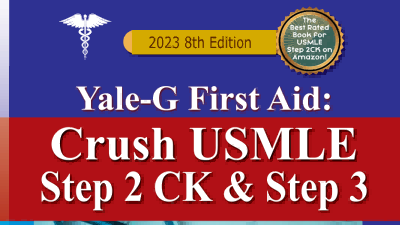by Wiley
Credit: Pixabay/CC0 Public Domain
A screening tool often used in primary care clinics to detect cognitive impairment has shortcomings when applied to ethnically and linguistically diverse older adults, according to a study published in the Journal of the American Geriatrics Society.
The study looked to see whether currently-published English and Spanish cut points for cognitive impairment in the Montreal Cognitive Assessment (MoCA) are appropriate in diverse community-based adults aged 65 years or older with cognitive concerns in the Bronx, New York. There were 231 participants (43% Hispanic, 39% Black/African American); 49% completed testing in English and 51% in Spanish.
Investigators found that the MoCA cut points for indicating mild cognitive impairment or dementia were inappropriately high, as compared with gold standard neuropsychological testing, with a high false-positive rate for detecting cognitive impairment.
"These findings underscore the importance of considering cultural factors and social determinants of health when evaluating performances on cognitive screening tools such as the MoCA, particularly in traditionally underserved communities," said corresponding author Marnina Stimmel, Ph.D., of the Montefiore Health System and Albert Einstein College of Medicine.
More information: Marnina B. Stimmel et al, Is the Montreal cognitive assessment culturally valid in a diverse geriatric primary care setting? Lessons from the Bronx, Journal of the American Geriatrics Society (2024). DOI: 10.1111/jgs.18705
Journal information: Journal of the American Geriatrics Society
Provided by Wiley







Post comments